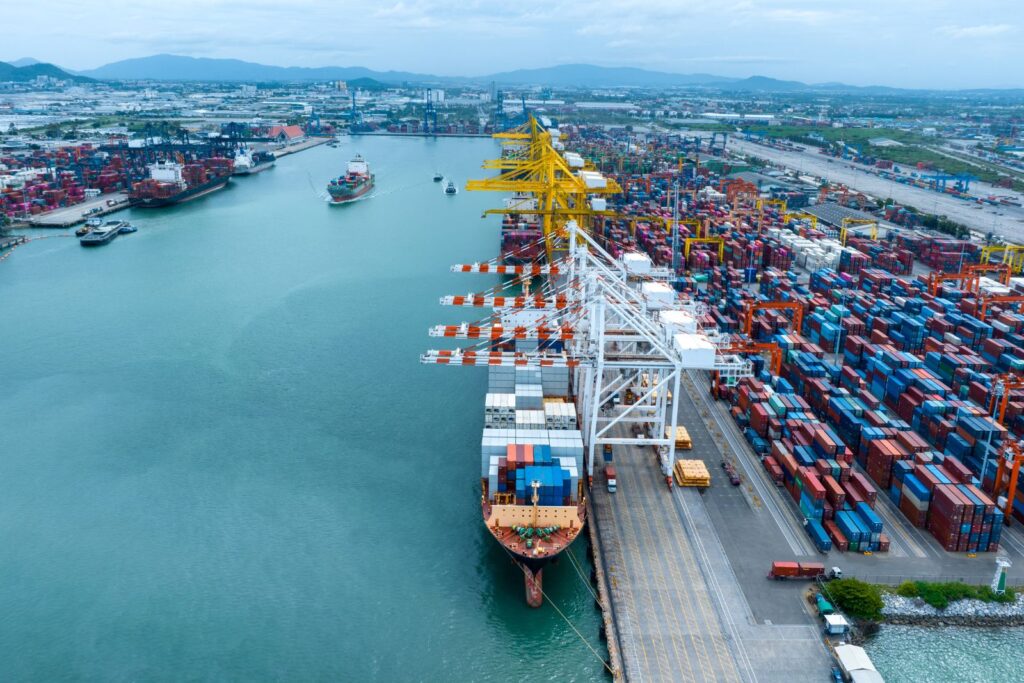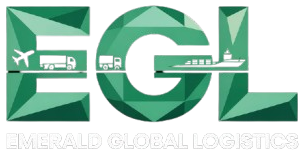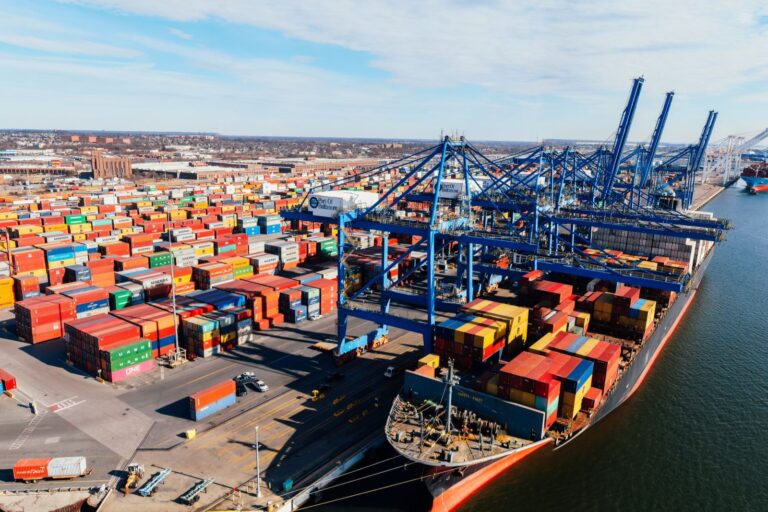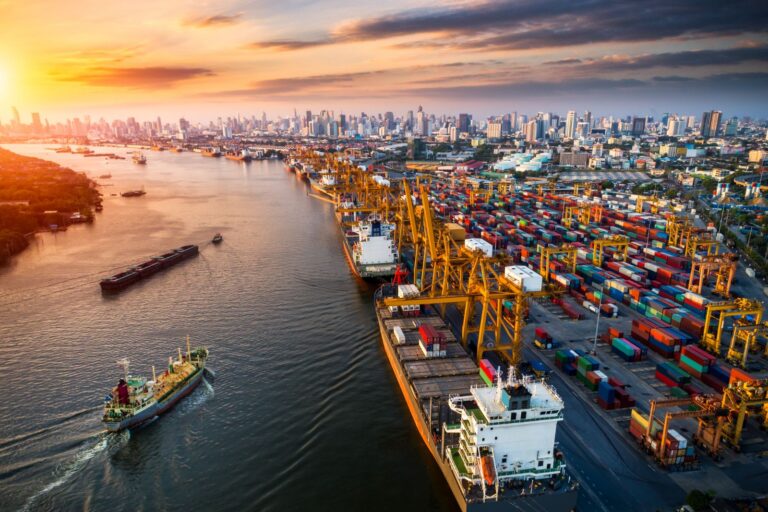Introduction
For many car enthusiasts, collectors, or returning residents, the idea of bringing a vehicle into Australia is exciting. Whether it’s a classic car, luxury model, or simply a personal vehicle you can’t part with, importing a car comes with both opportunities and challenges. The process involves strict government regulations, customs clearance, quarantine checks, and international shipping arrangements — all of which can feel overwhelming if you’ve never done it before.
That’s why understanding how to import car to Australia is essential. By breaking the process into clear steps, you can avoid costly mistakes, delays, and compliance issues. With the help of industry experts like EGL – Emerald Global Logistics, importing your vehicle becomes a structured, stress-free experience.
Understanding Car Import Rules in Australia
Before shipping your vehicle, it’s crucial to know that Australia has strict import regulations designed to protect local industries and ensure safety.
Key Points to Consider
- Vehicle Import Approval (VIA): You must apply through the Department of Infrastructure before shipping.
- Customs & Quarantine: Vehicles must meet strict biosecurity standards (free of dirt, plant material, etc.).
- Right-Hand Drive Compliance: Australia requires vehicles to be right-hand drive. Left-hand drive cars may need conversion or fall under special exemptions.
- Luxury Car Tax (LCT): Applies if the car exceeds a certain value threshold.
Benefits of Importing a Car to Australia
- Access to rare models not sold locally.
- Preserve sentimental value (e.g., relocating with your existing vehicle).
- Potential cost savings compared to buying in Australia.
- Expand collections for enthusiasts or businesses.
Step-by-Step Guide: How To Import Car To Australia
1. Check Vehicle Eligibility
Not every car can be imported. Confirm eligibility under the Road Vehicle Standards Act (RVSA) and see if your car falls under schemes like:
- Personal Import Scheme (for individuals relocating).
- Specialist and Enthusiast Vehicle Scheme (SEVS).
- Temporary Imports (e.g., for exhibitions).
2. Apply for Vehicle Import Approval (VIA)
- Submit your application online with the Department of Infrastructure.
- Provide proof of ownership, compliance details, and intended use.
- Wait for approval before shipping (without it, the car may be seized).
3. Choose a Shipping Method
Common options include:
- Roll-On Roll-Off (RoRo): Vehicle is driven onto the ship. Cost-effective but less protected.
- Container Shipping: Car is secured in a container (safer, ideal for high-value vehicles).
- Shared Container: Cost-effective option for multiple vehicles or shared loads.
4. Prepare the Vehicle
- Thoroughly clean inside and out (to meet quarantine standards).
- Remove personal belongings.
- Check fuel and battery requirements.
5. Shipping & Customs Clearance
Your freight forwarder (like EGL) handles:
- Shipping arrangements.
- Customs documentation (Bill of Lading, invoices, proof of purchase).
- Quarantine inspection coordination.
6. Post-Arrival Compliance
- Pay customs duty, GST, and LCT (if applicable).
- Have the vehicle inspected for compliance with Australian standards.
- Complete modifications if required (e.g., lighting, emissions).
7. Registration & Road Use
Once compliance is confirmed, you can register your vehicle with your state or territory authority and legally drive it on Australian roads.

How Much Does It Cost to Import a Car to Australia?
Costs vary depending on vehicle type, shipping method, and taxes.
Typical expenses include:
- Shipping costs: $2,000–$5,000 (RoRo is cheaper; container is more secure).
- Customs duty: 5% of vehicle’s customs value.
- GST: 10% of customs value + duty + shipping.
- Luxury Car Tax (if applicable): 33% on vehicles above threshold (~$69,000+).
- Compliance modifications: $1,000–$5,000+ depending on car type.
- Quarantine inspection and port charges: $500–$1,500.
💡 Tip: Always request a full, itemised quote before shipping to avoid hidden fees.
Tips for Smooth Car Importing
- Start early: Vehicle Import Approval can take weeks to process.
- Work with a specialist freight forwarder for compliance and customs.
- Budget extra for hidden costs like port fees and compliance testing.
- Keep records handy (purchase invoices, ownership documents, service history).
- Consider insurance for shipping, especially for high-value cars.
Common Mistakes to Avoid
- Shipping without VIA approval (risk of seizure).
- Failing to meet quarantine standards, leading to delays.
- Underestimating total costs, especially taxes and compliance.
- Using an inexperienced logistics provider.
- Forgetting about registration requirements after arrival.
Use Cases & Examples
- Car enthusiasts importing rare JDM vehicles under SEVS.
- Returning expats bringing personal vehicles under the Personal Import Scheme.
- Collectors shipping luxury or classic cars securely in containers.
- Businesses moving fleets or commercial vehicles into Australia.
Why Choose EGL – Emerald Global Logistics?
At EGL – Emerald Global Logistics, we understand the complexity of importing vehicles. From navigating strict regulations to ensuring safe shipping, our team provides end-to-end solutions tailored to your needs.
We specialise in:
- Containerised vehicle shipping for maximum protection.
- Customs clearance & compliance support with full documentation.
- Transparent pricing with no hidden charges.
- Expert advice for smooth, stress-free importing.
👉 Learn more about us here: About EGL
FAQs – How To Import Car To Australia
1. How long does it take to import a car?
Most imports take 6–12 weeks depending on shipping route and compliance checks.
2. Can I import any car to Australia?
No, only eligible vehicles under specific schemes can be imported. Always check eligibility first.
3. Is it cheaper to buy a car in Australia or import one?
It depends. Rare or specialist vehicles are often more affordable to import, but mainstream models may be cheaper locally.
4. What taxes apply when importing a car?
Customs duty (5%), GST (10%), and Luxury Car Tax (if over threshold).
5. Can EGL handle my car import from start to finish?
Yes, EGL offers complete logistics, customs, and compliance services.
Conclusion – Import Your Car the Easy Way
Importing a car to Australia involves multiple steps — from approvals and shipping to compliance and registration. While it can seem complex, the right guidance ensures a smooth process and peace of mind.
At EGL – Emerald Global Logistics, we take the stress out of importing cars, handling everything from documentation to safe delivery. If you’re ready to import your vehicle with expert support, contact us today for a tailored solution.







